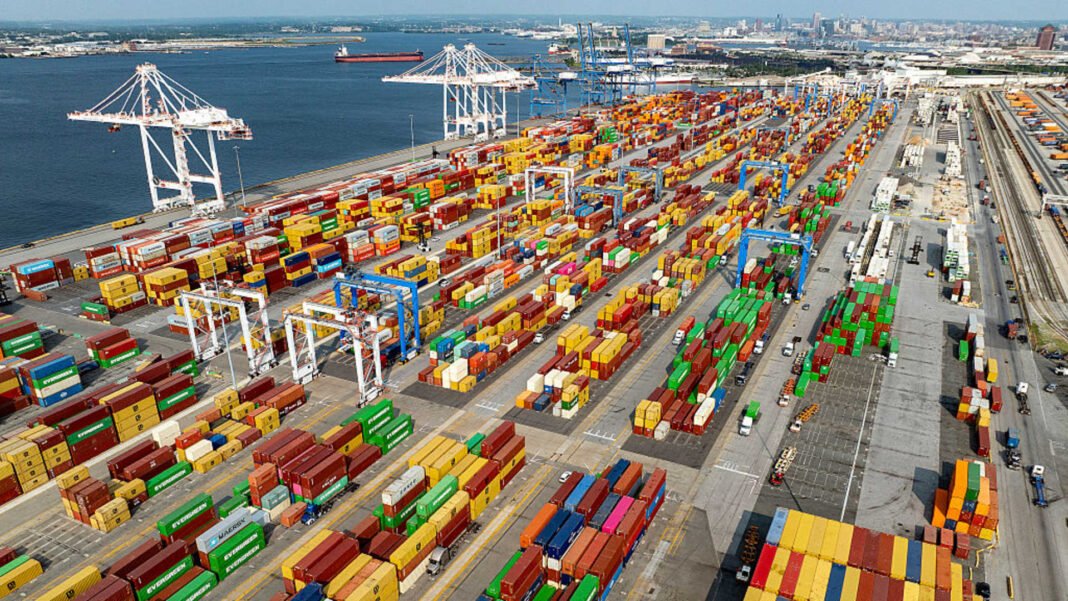European Postal Services Suspend Certain U.S. Shipments Following Trade Regulation Updates
Termination of the “De Minimis” Rule Triggers Shipping Interruptions
Postal services across several European nations are set to halt specific shipments bound for the United States due to the discontinuation of a long-standing trade exemption.This change stems from a recent executive directive that ends the de minimis exemption, which previously allowed goods valued below $800 to enter the U.S. with little or no customs duties applied.
Nations Impacted and Reasons Behind Shipment Suspensions
The shipment pauses affect countries including Germany, Spain, France, Belgium, Sweden, Denmark, Finland, Norway, and Switzerland. These postal operators have temporarily stopped sending parcels because their systems are not yet equipped to handle new customs requirements introduced by this policy shift. The increased complexity in data submission and ambiguity around duty collection processes have created significant compliance challenges.
DHL Germany’s Operational Response
DHL’s German branch confirmed that Deutsche Post and DHL Parcel germany will no longer accept packages destined for the U.S., citing unresolved questions about how customs fees will be collected and what additional shipment information must be provided to U.S. Customs and Border Protection (CBP). However, customers can still opt for DHL Express services at premium rates during this period.
Actions Taken by Other European postal Providers
- spain: Correos began suspending shipments after receiving detailed compliance instructions late in the process; it highlighted substantial operational adjustments required for international logistics management.
- Belgium: The Belgian postal service halted parcel dispatches starting Saturday amid regulatory uncertainties surrounding new customs protocols.
- France: La Poste announced a suspension effective Monday due to difficulties adapting its systems quickly enough to meet updated requirements.
- Finland: Posti initially stopped accepting all goods headed for the U.S.,later extending restrictions even on gifts and letters as multiple airlines declined transport services under these evolving conditions.
E-Commerce consequences: Small Parcels Face Greatest Disruption
This interruption mainly impacts low-value shipments under $800 sent directly from European small businesses or private individuals to American consumers. Larger retailers generally ship bulk inventory via container freight into warehouses located within the United States where tariffs are pre-calculated; thus they remain mostly unaffected by these changes.
A prominent example involves fast-expanding online marketplaces such as Temu and Shein that previously leveraged de minimis exemptions-especially on imports from China-to offer competitively priced products without tariff costs. As China’s de minimis threshold was removed earlier in May 2025,, both platforms have seen notable declines in sales volume as import duties increased product prices significantly.
“The elimination of this trade loophole is transforming cross-border e-commerce patterns,” industry experts observe as consumers adjust purchasing behaviors amid rising costs linked with stricter tariff enforcement.”
The Road Ahead: Short-Term Pauses with Long-Term Adaptations Expected
The affected postal carriers expect these shipment suspensions will be temporary once technical solutions addressing data transmission and duty collection are implemented effectively. While some delays may inconvenience customers ordering smaller packages internationally during this transition phase,analysts do not anticipate major disruptions impacting global supply chains or overall commerce flows substantially.

A New Chapter in Transatlantic Shipping Compliance Unfolds
This regulatory update signals a critical shift in international shipping standards between Europe and the United States-reflecting heightened customs enforcement efforts aimed at closing persistent gaps exploited thru low-value parcel imports without proper duty payments. As governments upgrade infrastructure over coming months,businesses engaged in transatlantic trade must adapt swiftly or risk operational setbacks affecting delivery schedules and cost structures alike.





